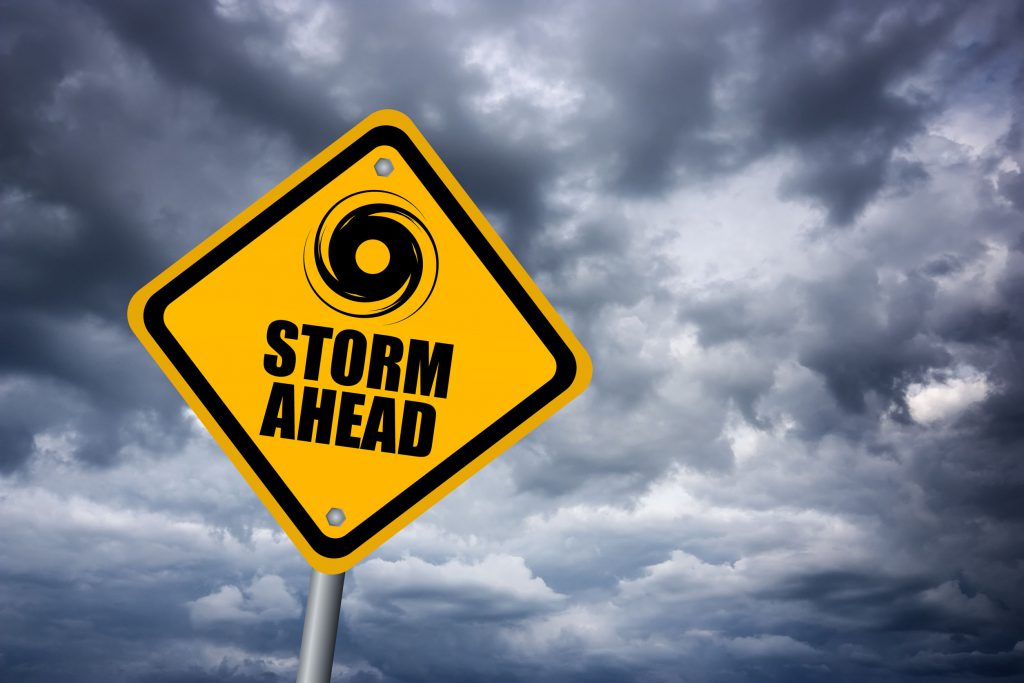Will Relaxing the Rules Make Nursing Home Residents Safer ?
 Can we trust profit driven corporations such as long-term care facilities to do the right thing, the safe thing, if not required to do so?
Can we trust profit driven corporations such as long-term care facilities to do the right thing, the safe thing, if not required to do so?
Last November in the wake of the natural tragedy of Hurricane Irma (see my blog- Keeping Our Seniors Safe During Natural Disasters – The Time For Congress To Act Is Now!) we learned even with the emergency preparedness rules, some nursing home weren’t prepared and horribly neglected those they promised to care for . Who could forget those news reports of seniors suffering for days without air conditioning in the Florida heat?
The Centers for Medicare and Medicaid Services ( “CMS”) are proposing broad changes to the emergency preparedness requirements for nursing homes. In the best light these changes are designed to cut red tape and ease the burden on nursing home and will clear the way to focus on meaningful and effective policies without expensive duplicative procedures. But advocates for seniors are concerned –why are we looking to ease the responsibility on the companies that we are entrusting the care of our loved ones to?Why cut corners and take short cuts when planning for the next disaster? We already know more often than not that these facilities, filled with the elderly, ailing or disabled are dangerously understaffed. Do these changes create a scenario of understaffed AND unprepared?
Here’s a quick look at the proposed changes:
• Emergency Program– This change gives the facilities the option to review their emergency program every two years. Our world and climate are constantly changing. Natural disasters manifest in dramatic and unprecedented ways. We are also faced with dangerous and life threatening acts of human behavior and violence daily. In an environment that is so rapidly changing neglecting a regular and diligent practice of review and assessment is dangerous.
• Emergency Plan– This change would eliminate certain documentation requirements. As a nursing home negligence attorney I know that documentation is paramount. In the event of injury, documentation is critical in proving your case. Proper attention to detail and documentation of efforts, does not take away from care, it enhances it.
• Training– The proposal is intended to give facilities greater flexibility in requirements, requiring only annual training. Really? Only one training opportunity for staff that may have zero background in emergency preparedness?
• Testing- I.E. Real Life Practice! The proposal seeks to require only one full scale community drill. That means the staff and residents have only one opportunity annually to practice a procedure that in an actual emergency could mean life or death.
Ultimately it has been my experience that unprepared and untrained employees are the weak link in an organization, especially a nursing home. We should not offer these companies more shortcuts when the price is so high. Those taking care of our loved ones cannot be prepared and trained enough and we should not ease up on regulations . See https://www.cms.gov/newsroom/fact-sheets/medicare-and-medicaid-programs-proposed-regulatory-provisions-promote-program-efficiency-0
